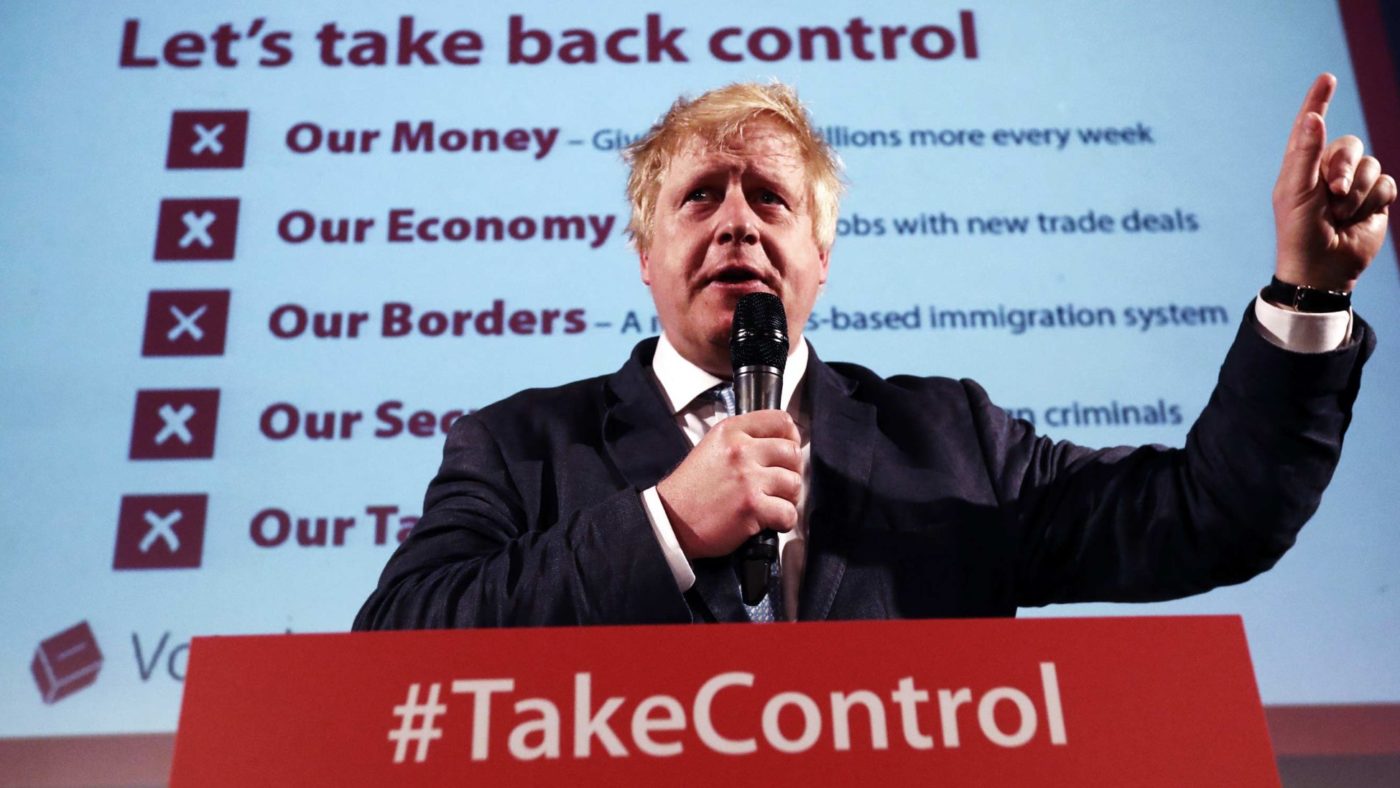This week marks 50 years since man first set foot on the moon. Even after all this time, there are still those who will tell you it was all a giant fraud cooked up in a desert studio.
While support for that particular conspiracy theory has abated over time, modernity and technological advancement has done little to stem the general tide of tin-hattery.
There’s a huge range of delusions on offer, too. From the very barmy and gratuitously offensive – denying the Holocaust or claiming 9/11 was an inside job, for instance – to the downright dangerous, such as the alarmingly popular anti-vaccination movement.
But one answer to a poll this week from CapX columnist Matt Singh really stands out. Almost one in three British voters agreed with the suggestion that “regardless of who is elected, there is a group of people who secretly control everything”.
Now, this could mean the British public have, in huge numbers, bought into the idea of an Illuminati-type group running the country. Given the events of the last three years, if this is the work of some nefarious puppet master, they’ve done an excellent job of hiding it.
A rather more likely explanation is that it speaks less to a fondness for conspiracy theories and more to something more fundamental – that a great many people feel they are not really in charge of their own lives.
It was certainly a sentiment I heard recently when reporting from Portsmouth for CapX’s new ‘Rebalancing Britain’ series. On the whole, England’s only island city is by no means depressed or down on its luck, but it does have some of the poorest neighbourhoods in the country.
And as research from academic Matthew Goodwin this week highlighted, low income voters are not only more engaged with politics than ever before, but also more likely to switch parties. That means addressing their concerns in a meaningful way – be it on housing, tax or crime – is an electoral imperative for any party aspiring to a Commons majority.
That should give food for thought for whoever becomes the next Prime Minister in just a few days’ time.
Of course, the first and most urgent item in their in-tray will be executing voters’ command to ‘take back control’ by getting Brexit through the House of Commons. But either Boris Johnson or Jeremy Hunt would do well to think hard about what “control” really means for many of those who voted to leave the EU. For many who voted leave, the time for concrete action is long overdue.
One thing we know with complete certainty is that the answer does not lie with Jeremy Corbyn’s Labour. For all their “people power” rhetoric, Corbyn and John McDonnell’s default answer to almost any political question is to take from individuals and companies to empower central government.
Faced with this brand of old hat statism, the Conservatives must offer an unapologetic defence of both economic and personal freedom.
The good news is that, in spite of the endless Brexit merry-go-round, there has been plenty of thoughtful and interesting policy work produced by Tory MPs in the last few years. A significant part of that effort has come from our parent organisation, the Centre for Policy Studies’, with its New Generation project.
That work means there is a ready-made stock of workable, pro-market policies for the next Prime Minister and Chancellor to get their teeth into.


